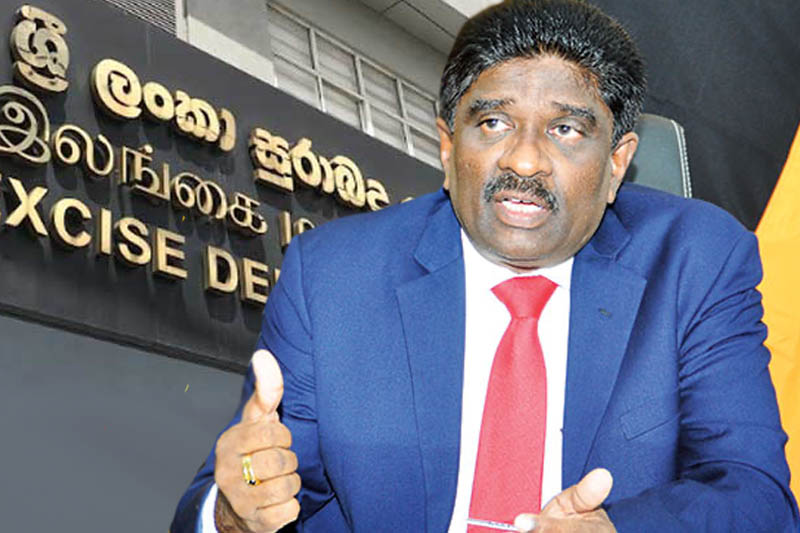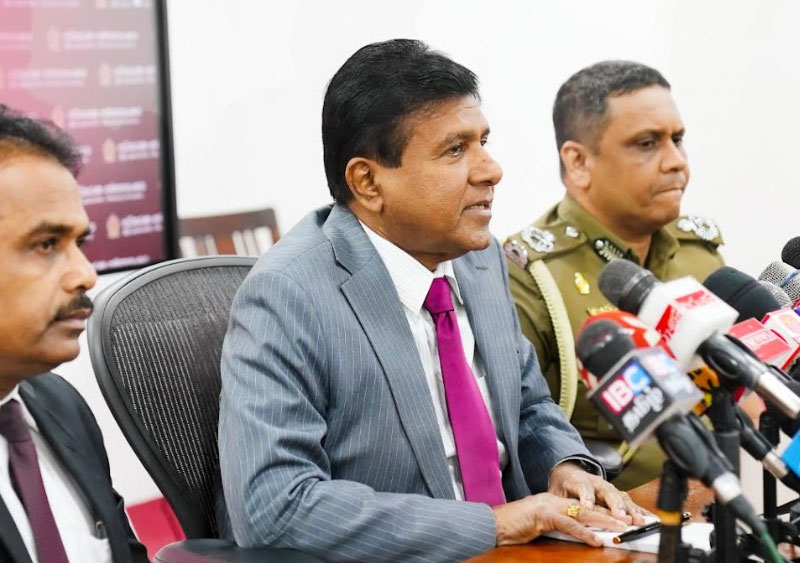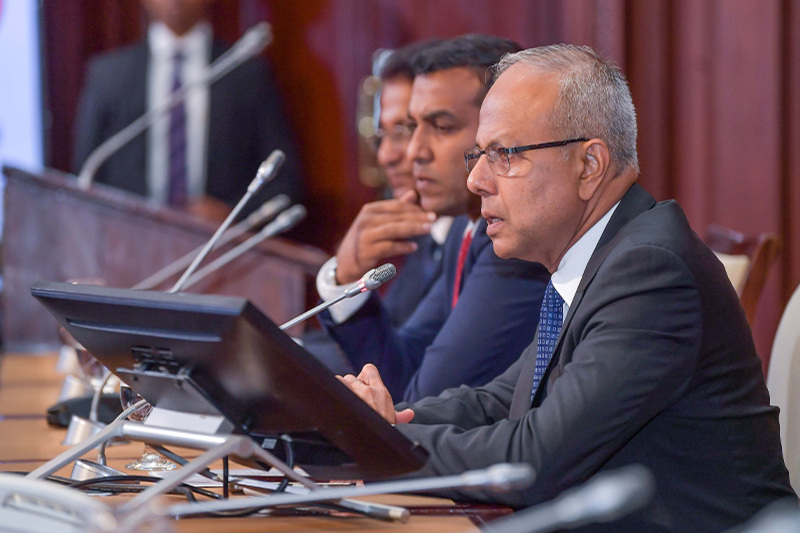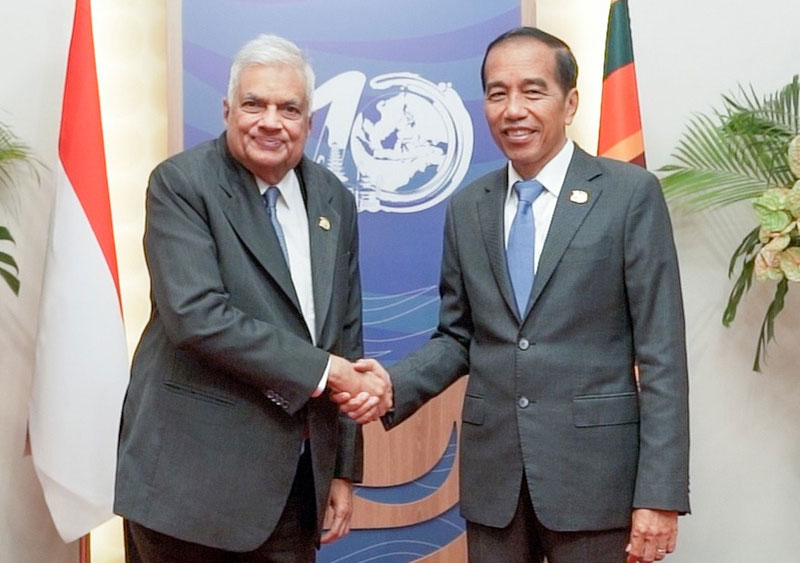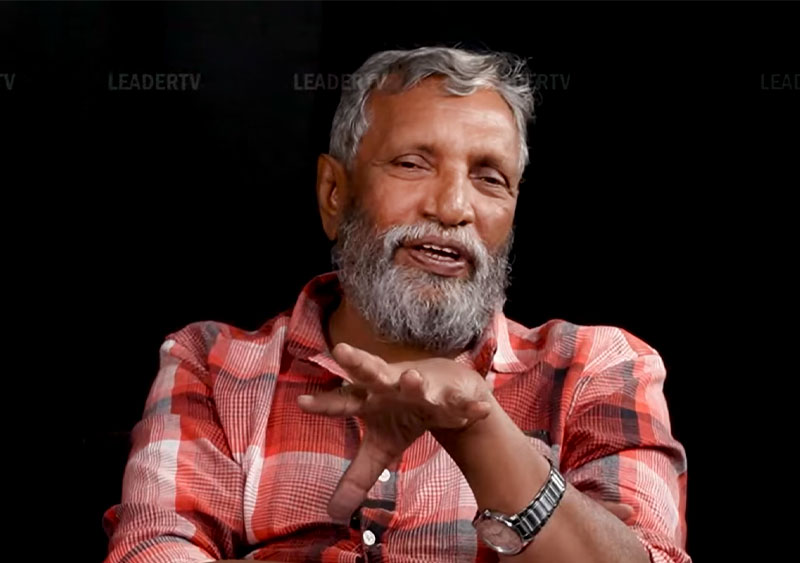Samagi Jana Balawegaya (SJB) leader Sajith Premadasa has narrowed his deficit against National People's Power (NPP) leader Anura Kumara Dissanayake in an opinion poll for the presidential election.
Also, the SJB has overtaken the NPP in an opinion poll for a general election, said the Institute for Health Policy.
IHP carried out the two surveys for March 2024.
It found that its revised SLOTS MRP model, confirm an increasing trend in support for the SJB at the expense of the NPP.
“The SJB on 38 percent (+4) took the lead with all voters for the first time since 2022, ahead of the NPP/JVP on 35 percent (-2), the SLPP at 8 percent (unchanged) and President Ranil Wickremesinghe’s United National Party (UNP) at 5 percent (unchanged),” it said in a statement.
“The March estimates are provisional and are associated with a margin of error of 1–3% for the four leading parties,” the IHP said.
The IHP also said provisional estimates of presidential election voting intent in March 2024 show support for Premadasa increasing to 41 percent (+2), reducing the gap with Dissanayake who leads on 44 percent (-2).
Support changed little for Wickremesinghe at 8 percent (unchanged), and a generic Sri Lanka Podujana Peramuna (SLPP) candidate at 7% (-1).
IHP director Ravi Rannan-Eliya said compared to IHP’s February release, IHP estimates of NPP and SJB support in February were revised -7 and +5 points.
He noted that this was an unusually large revision driven by a large uptick in SJB support in the early April interviews.
Rannan-Eliya cautioned, however, that it would be best to wait a couple of months to see if this was just noise or a real trend.
With regard to the presidential poll, he said a large uptick in support for Premadasa in recent interviews is making the MRP model increasingly favour the possibility of a more general upward trend. He again cautioned that it would be best to wait one or two months to confirm.
This March 2024 updates for both surveys were based on 16,671 interviews conducted with adults across Sri Lanka since October 2021, including 527 interviews carried out in March 2024, with 100 bootstraps run to capture model uncertainty.
Margins of error are assessed as 1–3% for March, the IHP said.













